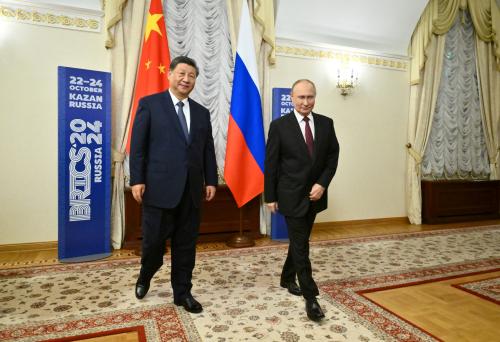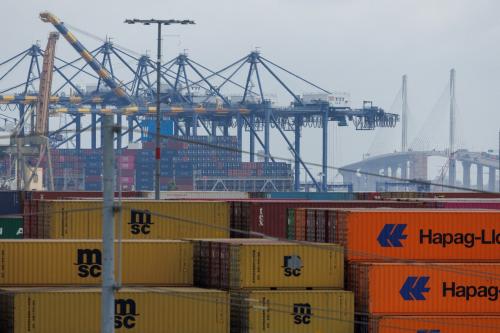On October 6, 2004, the European Commission is scheduled to issue two reports on Turkey that will help determine that country’s future relationship with the EU. The first is a “Regular Report on Turkey’s Progress Toward Accession,” an annual assessment of Turkey’s efforts to meet the EU’s “Copenhagen criteria” for membership—including stability of democratic institutions, the rule of law, respect for human rights, and a functioning market economy. In 2002, EU leaders pledged that if Turkey met those criteria by December 2004 the EU would begin accession negotiations with Ankara “without delay.” The second report will assess the potential political, economic, and financial impact Turkish accession would have on the EU, including in sensitive areas such as agriculture. EU leaders will then consider the two reports and decide at their December summit whether, when, and under what conditions to begin the Turkish accession process.
The stakes surrounding the October report and the December decision could scarcely be higher for Turkey and its relations with the West. After decades of pursuing the dream of EU membership, and several years of a far-reaching domestic reform process, Turkish expectations are high. A positive signal from the EU would reward the Turkish government—led by Prime Minister Recep Tayyip Erdogan of the Justice and Development Party (AKP)—for its ambitious reform program. It would also encourage Turkey to effectively implement some of the new measures on freedom of expression, human rights, and civilian control of the military. A rejection by the EU, on the other hand, could have a devastating effect on the Turkish reform process, economy, and relations with Europe. The AKP government would be discredited, the improving economy set back as foreign direct investment and the stock market fell, incentives for improving human rights reduced, and Turkish nationalists and Islamists emboldened. The message to Turks—and in many ways to the entire Muslim world—would be that the EU’s word cannot be trusted, and Europeans are simply not prepared to allow a predominantly Muslim country into its ranks.
None of this is to say that Turkey has today fulfilled all of the political and economic criteria for EU membership or that much hard work—especially in terms of implementing some of the new legislation—is not still needed. Nor is it to overlook the real challenges actual Turkish membership would entail for the EU. Turks must understand that even in the best of circumstances, accession talks—which are really not so much negotiations as the process of Turkey aligning its domestic rules and regulations with those already adopted by the EU—will go on for years. Still, the EU, in its October report and December decision, should acknowledge Turkey’s progress, announce the start of accession talks for the spring of 2005, and begin the long and difficult process of preparing both Turkey and the EU for Turkey’s eventual membership.
View Full Article (PDF—90kb) Get Adobe Acrobat Reader
The Brookings Institution is committed to quality, independence, and impact.
We are supported by a diverse array of funders. In line with our values and policies, each Brookings publication represents the sole views of its author(s).



Commentary
Turkey’s European Quest: The EU’s Decision on Turkish Accession
September 1, 2004